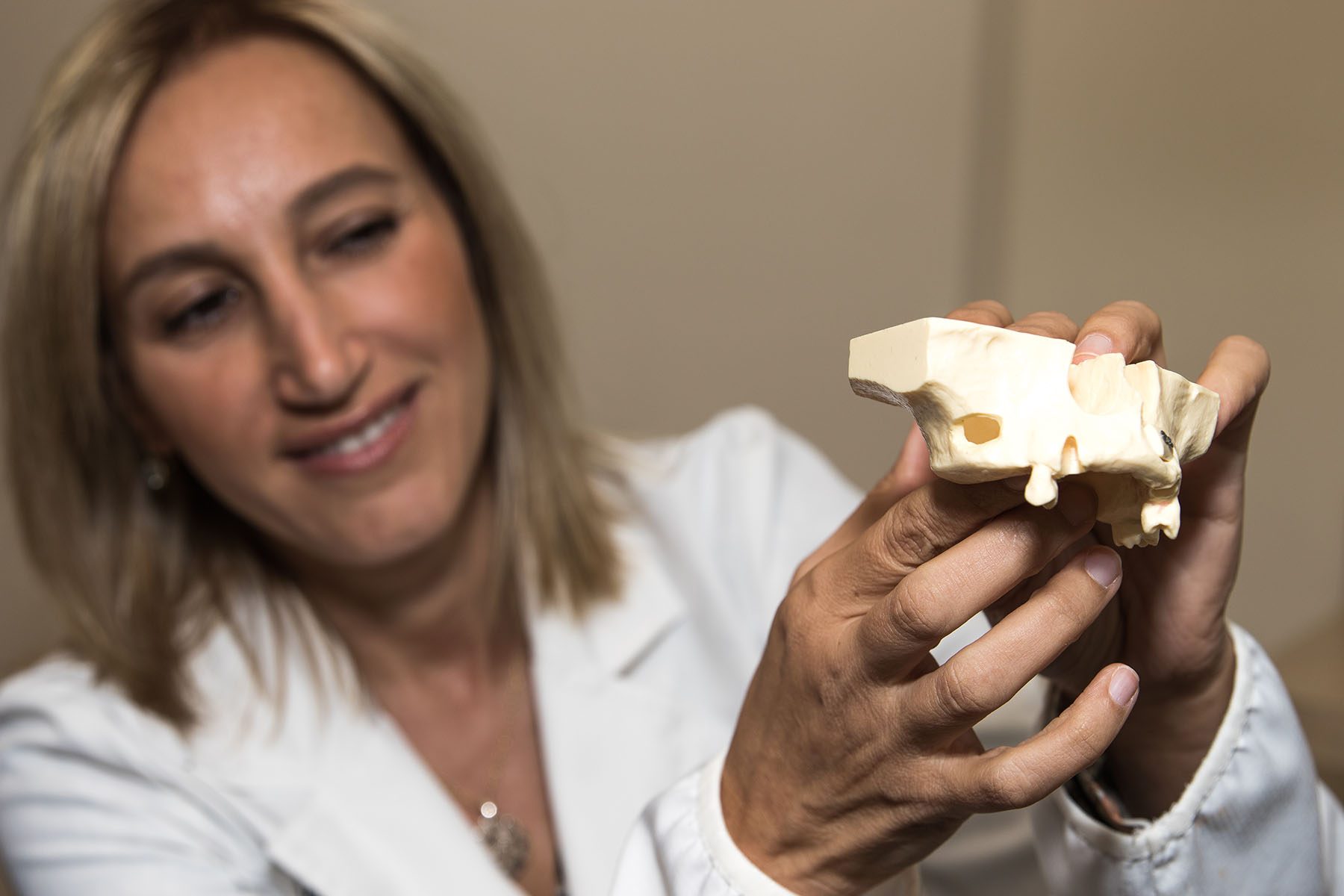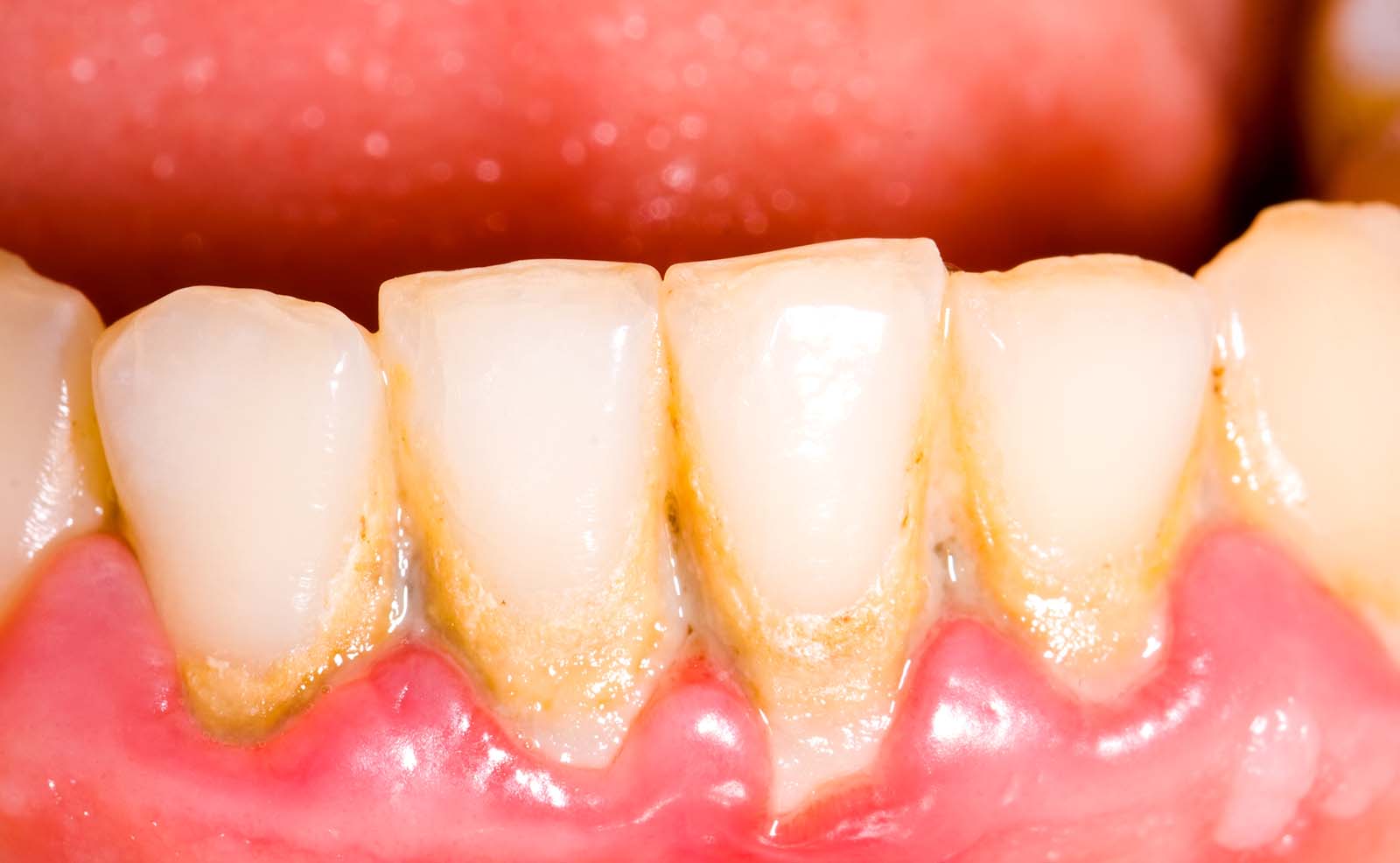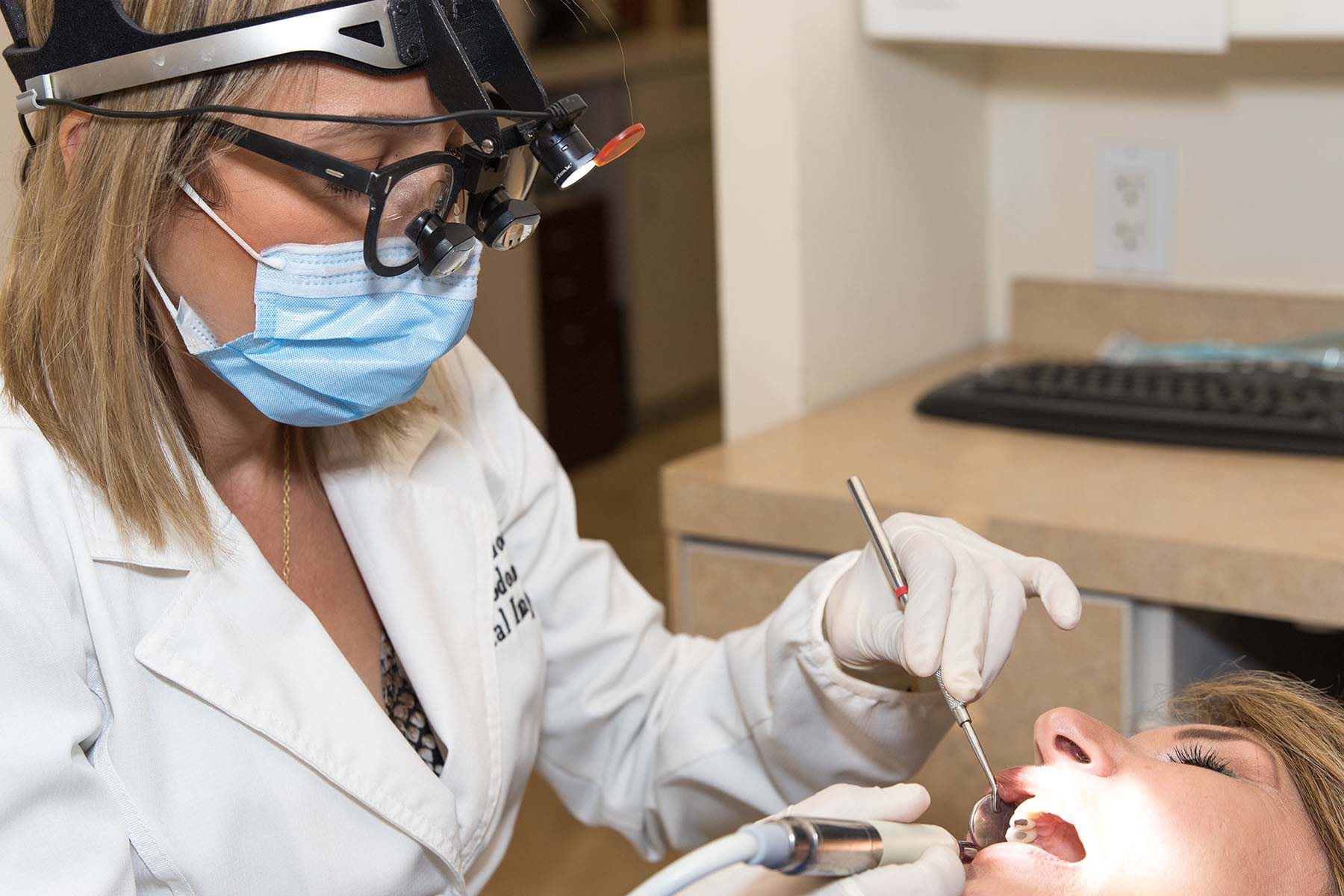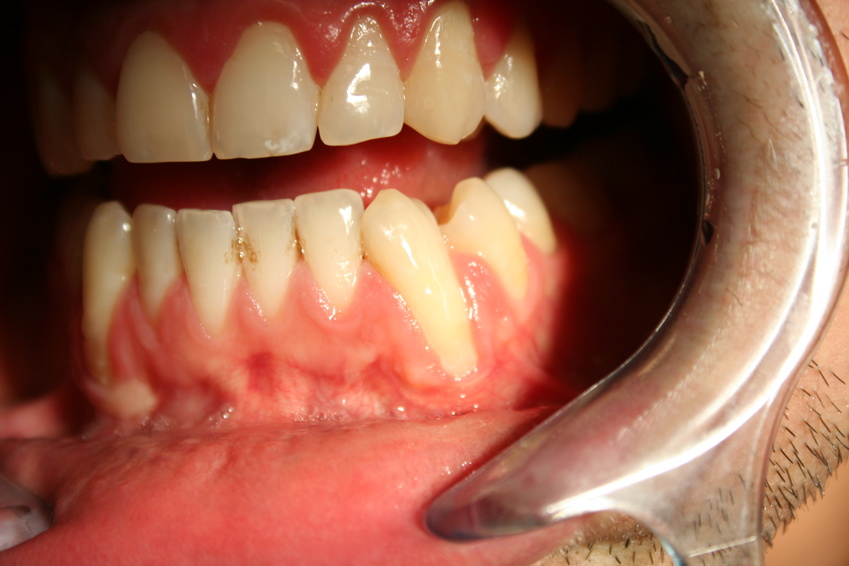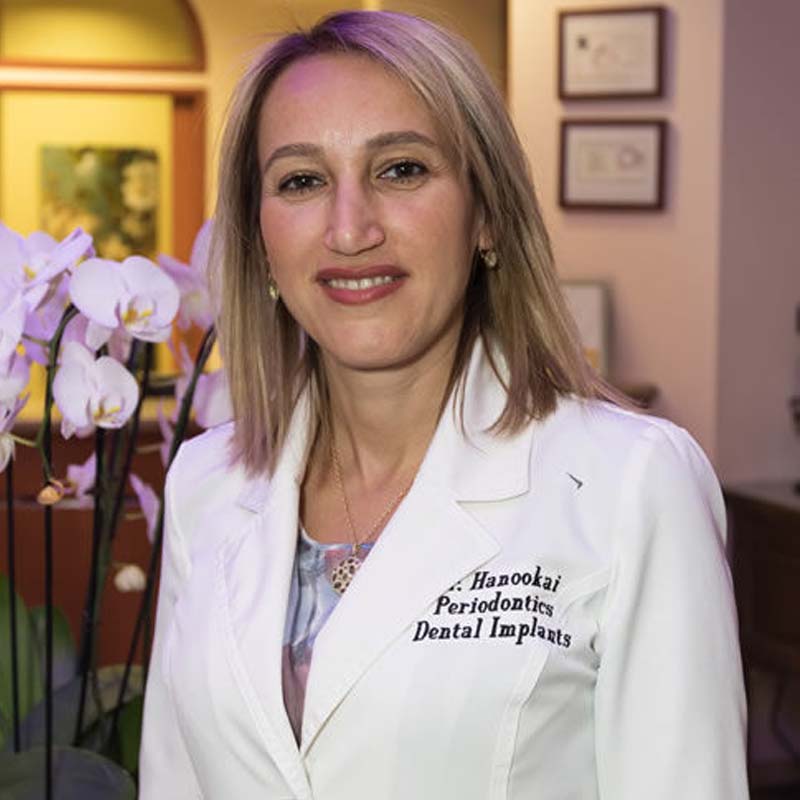What is gingivitis, also known as gum disease? It is one of the more prevalent issues surrounding oral health. When left untreated, it can progress into full blown periodontal disease, more frequently called periodontitis. Here, you can learn about the causes of gingivitis, as well as risk factors for the disease. You will also have the opportunity to learn more about gingivitis symptoms as well as how you can receive a proper diagnosis. Of course, it’s important to understand more about proper treatment as well. Last but not least, you can learn about ways to prevent gum disease. You can even learn more about other health concerns that may be linked to periodontal disease symptoms.
Understanding gum disease
In most cases, gum disease is caused by some type of bacterial infection. More will be discussed on the different ways that such an infection can occur in the following paragraph. For now, it is important to understand that gingivitis which is left untreated can cause several different issues, not the least of which includes the aforementioned periodontitis. This is a far more serious condition that is both harder to treat and more potentially dangerous. Therefore, it is imperative that treatment is received at the first signs of gum disease. It is also worth mentioning that many individuals who experience poor oral health also suffer from additional health conditions throughout the body. As a result, the presence of gum disease could be a harbinger for other physical issues. That is why it is so important to maintain good oral health. It’s equally important to be made aware of any problems that potentially exist, as this could help you better understand other health concerns that you might have.
Causes of Gingivitis
What causes gingivitis? This is a question that many people ask themselves, especially if they’ve been recently diagnosed with the disease. Unfortunately, not everyone takes their oral health seriously until they realize they already have a problem. In fact, many people who are eventually diagnosed with gum disease don’t even know they have it until it becomes advanced enough that they start to experience numerous symptoms. One of the first steps in successfully dealing with the disease is to understand what causes it.
Typically, there are two main culprits that cause the bacterial infection which is ultimately responsible for gum disease. The first is food that gets trapped between the teeth and gums. The second is plaque, a thin film of bacteria that covers the teeth. While it is true that some individuals are more susceptible to experiencing gum disease symptoms because of crooked teeth or other issues which will be discussed later, it is safe to say that virtually anyone who doesn’t exercise proper oral care on a daily basis is likely to be more prone to it. This is especially true when plaque is allowed to build up on the teeth, as it provides a direct route for the bacteria to cause disease.
Risk Factors Associated with Gum Disease
There are a number of risk factors that are typically associated with gum disease. These include a weakened immune system, genetic predisposition, pregnancy, and fillings that are broken. Individuals who have dental implants and other appliances that don’t fit well are also more likely to experience gum disease symptoms. The same is true for those who are born with crooked teeth, as it makes it harder to brush effectively.
Furthermore, certain medications make people more prone to the signs of gum disease. These medications include those used for chemotherapy as well as calcium channel blockers, anticonvulsants, steroids and oral contraceptives. Diabetes and smoking also play a role in the disease. Many people may have more than one risk factor for this disease, further increasing their chances of getting it. Whether you have one risk factor or several, it is extremely important that you pay even closer attention to your oral health. Having even one of these risk factors makes you far more likely to experience gum disease at some point in your life. This in turn can lead to other health concerns that aren’t necessarily associated with your oral health, but are just as serious.
Therefore, anyone who has any of these conditions or anyone who smokes and is experiencing the signs of gum disease should be examined right away. That way, those who need gum disease treatment in Los Angeles can receive it as quickly as possible. This is imperative, as typical gum disease symptoms associated with gingivitis can progress rather rapidly into the more serious periodontal disease symptoms associated with periodontitis. Therefore, it is crucial that anyone experiencing any type of periodontal disease receive gum disease treatment right away.
Symptoms of Periodontal Disease
What are the signs and symptoms of periodontal disease? Which symptoms do not identify early signs of periodontal disease? These are questions that anyone may have, especially if certain symptoms are already occurring. Typically, it isn’t a single symptom that definitively determines whether or not you have some type of issue with your oral health. Instead, there are a number of symptoms associated with gum disease. One of the more prevalent symptoms involves constant bad breath. If you notice that you have bad breath, even after thoroughly brushing your teeth, it may be time to make an appointment with us at Southland Dental Care in Los Angeles. Again, it is crucially important that you don’t put off gum disease treatment in Los Angeles. Therefore, the presence of any symptoms often requires a visit to our office with Dr. Delaram Hanookai.
Other symptoms of gum disease include dentures that don’t fit well anymore, tooth sensitivity, pain when eating, teeth that have become loose, receding gums, gums that bleed when you brush or floss, and swollen gums that are tender to the touch. In some individuals, the gums may appear red and irritated. You may also notice something called malocclusion. This refers to the way that your teeth fit together inside your mouth. Changes in this fit can be one of the hallmark symptoms of gum disease and should not be ignored under any circumstances.
In reality, you are likely to experience a number of these symptoms but you may not experience all of them. That said, you shouldn’t ignore any periodontal disease symptoms. In fact, quite the opposite is true. Instead, you should seek gum disease treatment as quickly as possible in order to potentially minimize the damage of the existing gum disease. You can also work with our office at Southland Dental Care in Los Angeles to develop a program that can potentially help you manage any further progression of the disease. Remember, it is imperative to seek treatment right away, even if you are only experiencing one of these symptoms on a sporadic basis. The last thing you want to do is wait until you are experiencing a number of symptoms everyday before you make an appointment. By then, it is likely that the disease has already progressed. You may even have developed periodontitis without even knowing it.
Diagnosing Gum Disease
What does gum disease look like? How do you know if you have gum disease? The first step is to visit a qualified dental professional such as our Dr. Delaram Hanookai in order to receive a thorough exam. Typically, the process will begin with a physical exam where your teeth and gums are measured. A special ruler may be used to check for receding gums or teeth that are loose. In most cases, only one to three millimeters should exist between the area where the teeth and gums meet. If that space is larger, it is likely that you are in need of effective gum disease treatment. If you are experiencing some symptoms of periodontal disease, you will probably also have x-rays taken. These x-rays allow our office to examine the health of the bone structure around your teeth in order to determine whether or not the bone is healthy. This can tell us a great deal about your possibility of developing issues with your oral health.
Treatment
You may be wondering how to treat gum disease. You might even be wondering how to fix loose teeth from gum disease. Typically, treatment centers around three different avenues. The first is to thoroughly clean your teeth. We use a variety of different methods to clean your teeth that are tailored to fit your needs. It’s also possible to use antibiotics to treat the existing gingivitis and prevent it from getting any worse. This may be especially important if you are already experiencing severe inflammation and infection. If none of these treatment options prove to be effective, the last resort is to perform oral surgery. This may be necessary if the condition has progressed to a more advanced level or if you have other factors that can potentially complicate matters.
Preventing Gingivitis
Do you know how to prevent gum disease? In reality, it’s actually fairly easy unless you suffer from one of the aforementioned risk factors which could make you more prone to experiencing some type of periodontal disease. First and foremost, it is imperative that you thoroughly brush your teeth at least twice a day. Flossing is also important. However, it is just as important that you receive regular dental visits in order to keep your teeth clean and ensure that you are in good oral health. When it comes to gum disease, the easiest way to prevent it is to practice good oral hygiene and ensure that you catch the disease early if it does occur. If you do suffer from one or more risk factors, this becomes even more important.
Health Concerns Linked to Periodontal Disease
Although it is not yet determined how periodontal disease and other health concerns are linked, there is evidence that a link between the following conditions does exist. Research has shown that individuals who have some type of gum disease, including gingivitis, are more prone to experience stroke, heart disease, diabetes and lung disease. What isn’t known is what role gingivitis plays in these other diseases. Medical professionals are not yet able to determine if the gingivitis itself plays a part in causing these diseases or if the diseases themselves contribute to poor oral health. There is also a possibility that the decrease in overall health that many people who have these conditions experience could potentially have a negative impact on the immune system. This in turn makes it more likely to experience gum disease as well as other health issues.
Everyone wants to enjoy good health. You may be worried about the cost of gum disease treatment or in some cases, the cost of a regular dental visit. However, it is important to remember that your health and well-being should always be a priority. At Southland Dental Care in Los Angeles, we strive to do everything we can to ensure that you have all of your needs met for good oral health. If you are worried about the cost associated with professional care or the types of procedures that are offered, all you need to do is give us a call. We will be more than happy to speak with you in order to help answer any questions that you might have.
At the end of the day, it’s all about making sure that you stay healthy and free from pain. That’s why it is so important that you contact us today and make an appointment to see Dr. Delaram Hanookai. You may be experiencing a number of symptoms that make you wonder if you have gum disease, but you won’t know definitively until you are seen by a dental professional. Unfortunately, many people don’t make an appointment until they have so many symptoms that they can no longer deny that something is wrong. Issues with your oral health are usually much easier to correct when caught early. That is exactly why this isn’t something that should be put off. Instead, it’s something that should be dealt with as quickly as possible in order to prevent future health concerns.






